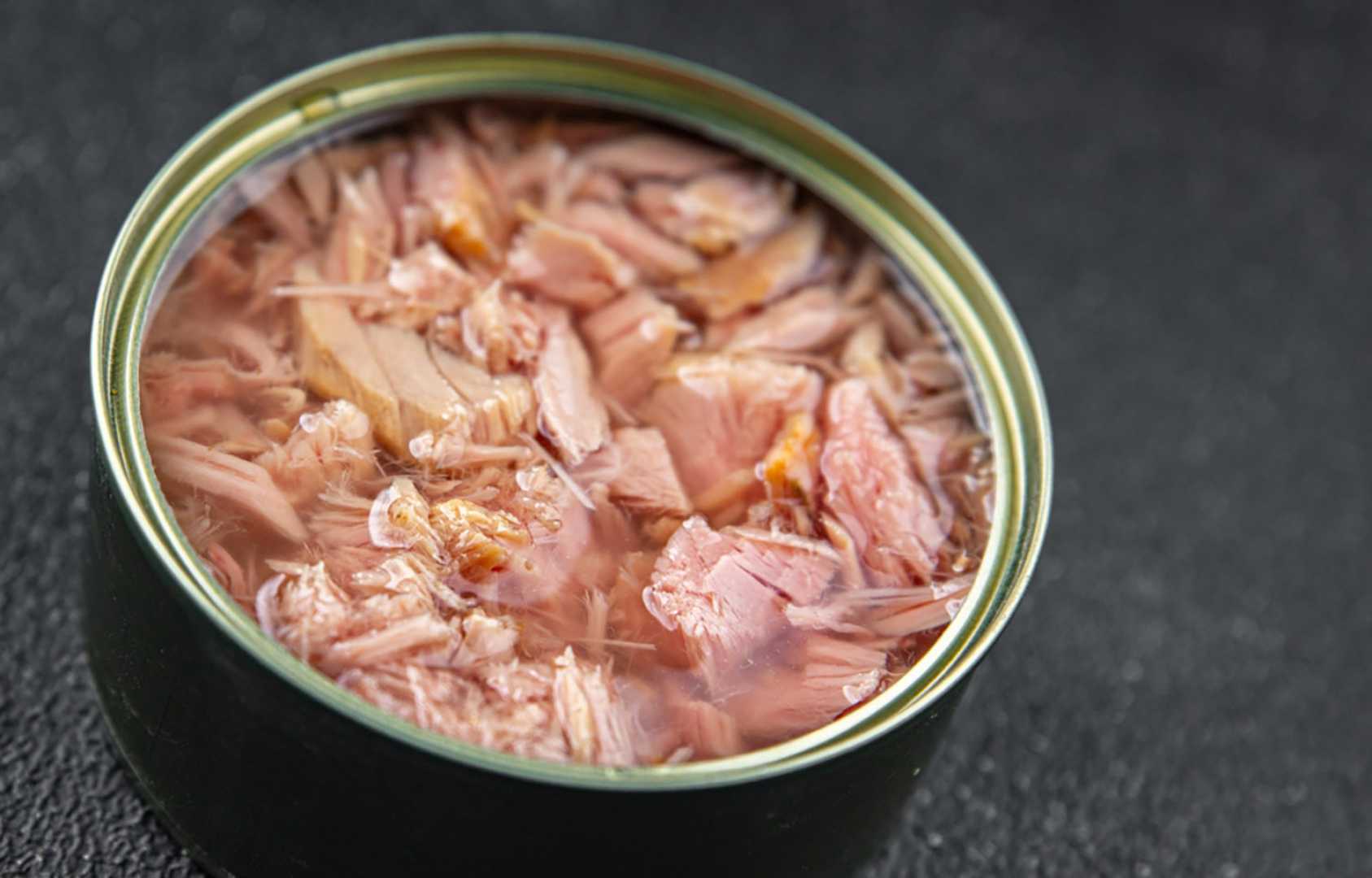Botulism Risk Canned Tuna Recall: A Comprehensive Guide To Staying Safe - Manufacturers must comply with these regulations to ensure the safety of their products. Consumers can have confidence in the safety of canned tuna when these standards are followed. By following these simple steps, you can significantly reduce the risk of botulism contamination in your canned tuna.
Manufacturers must comply with these regulations to ensure the safety of their products. Consumers can have confidence in the safety of canned tuna when these standards are followed.
Foodborne illnesses caused by botulism are rare but highly dangerous. When improperly canned or stored, tuna can become a breeding ground for the Clostridium botulinum bacteria, which produces a deadly toxin. This toxin affects the nervous system and can lead to severe health complications if left untreated. In this article, we will delve into the causes of botulism in canned tuna, the recall procedures, and how you can protect yourself and your family from this serious threat.
Consumers are encouraged to check their pantry for recalled products and follow the instructions provided by the manufacturer or regulatory agency. Staying informed about recalls is essential for protecting yourself and your family from potential harm.
When a batch of canned tuna is suspected of being contaminated with botulism, manufacturers and regulatory agencies initiate a recall procedure. This process involves:
The toxin produced by Clostridium botulinum is one of the most potent natural toxins known. Even small amounts can cause severe illness or death if ingested. The risk of botulism in canned tuna arises when the canning process is not carried out properly, allowing the bacteria to grow and produce the toxin.
Globally, botulism cases have decreased significantly over the past few decades due to advancements in food safety technology and increased awareness. However, occasional outbreaks still occur, highlighting the need for continued vigilance and adherence to safety standards.
Botulism risk canned tuna recall is a serious issue that requires attention from both manufacturers and consumers. By understanding the causes, symptoms, and prevention measures, you can protect yourself and your family from the potential dangers of botulism contamination. Staying informed about recalls and following proper handling and storage practices are essential steps in ensuring the safety of your food.

Preventing botulism in canned tuna involves a combination of manufacturer responsibility and consumer vigilance. Here are some best practices to follow:
Massive Canned Tuna Recall Due to Botulism Risk Times News Global
According to data from the Centers for Disease Control and Prevention (CDC), approximately 20 cases of foodborne botulism are reported in the United States each year. While this number is relatively low, the severity of the illness underscores the importance of prevention.

By staying informed and taking preventive measures, you can significantly reduce the risks associated with botulism contamination in canned tuna. Whether you're a regular consumer of canned tuna or someone who occasionally enjoys this convenient protein source, it's essential to understand the potential dangers and how to avoid them. Let's explore this critical issue in detail.
Over the years, advancements in food safety technology have significantly reduced the incidence of botulism in canned foods. However, occasional outbreaks still occur, highlighting the importance of ongoing vigilance and adherence to safety standards. Historical data shows that improper canning practices and inadequate monitoring have been the primary causes of botulism outbreaks in canned foods.